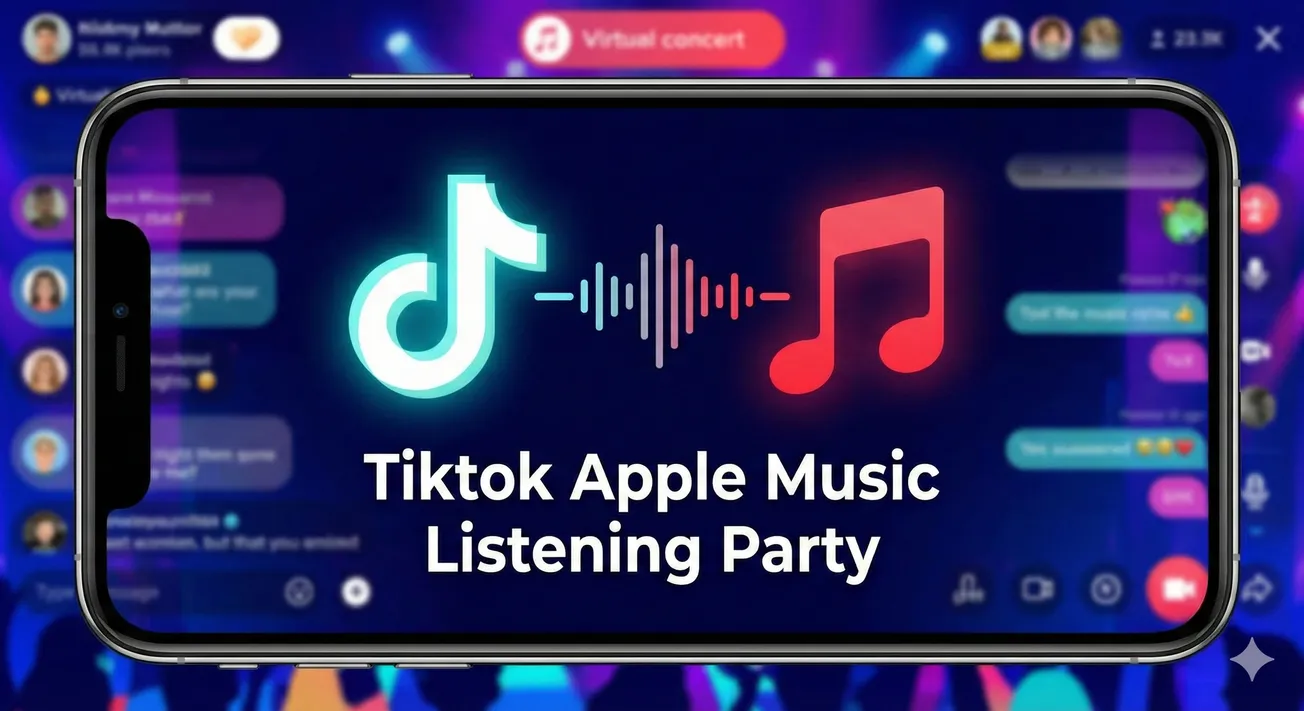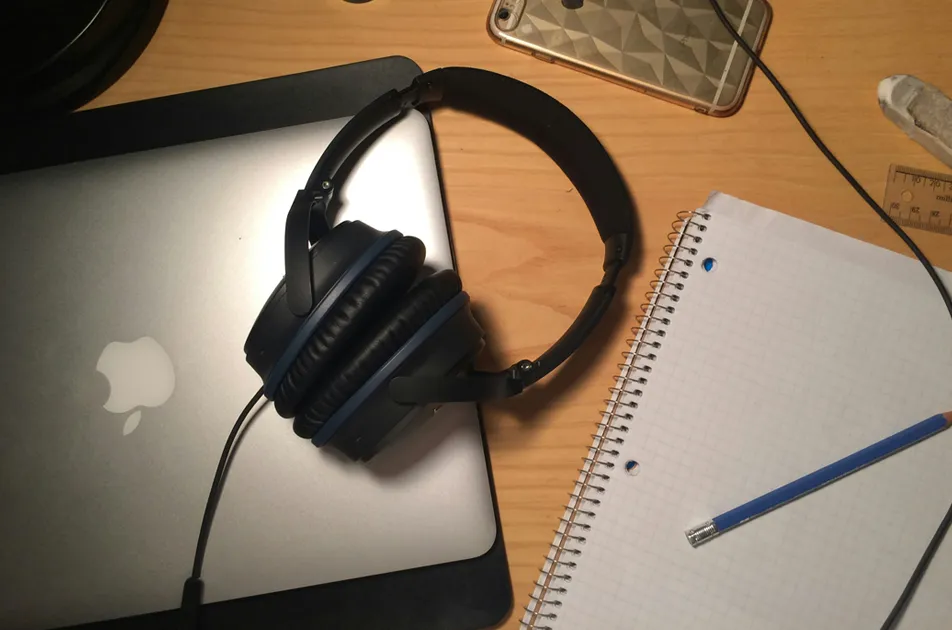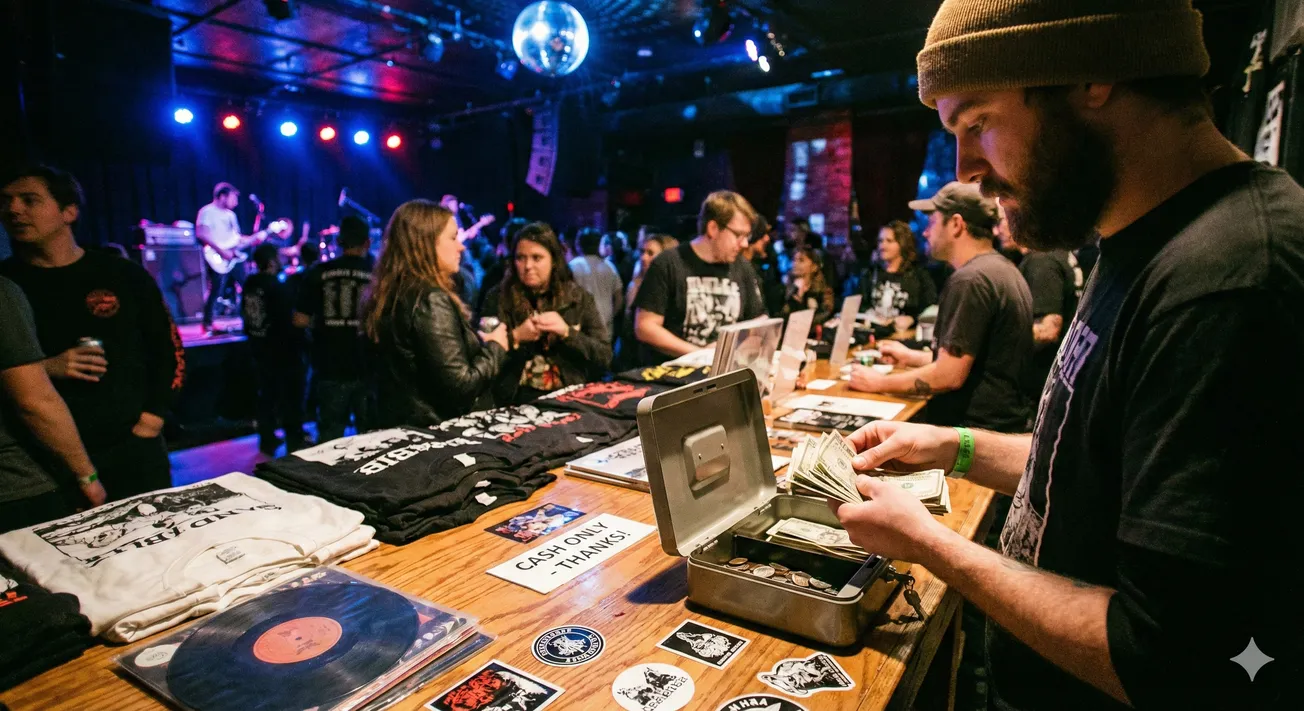By Elliott Wheeler (@elliott_wheeler), a screen composer, producer and cinematic indie-pop musician based in Sydney, Australia. He was the Arranger and Additional Music Producer on Baz Lurhmann's The Great Gatsby.
I'm often asked how one goes about getting into scoring for film and soundtrack work, particularly on a project the scale of Gatsby. The answer (and annoyingly it's one that's heard often) is there's no particular path that works for everyone.
In this particular circumstance, I'd worked with Baz Lurhmann and his music supervisor, Anton Monsted, on a project attached to the film Australia. I happened to run into Anton at the airport in LA just as he and Baz were beginning to explore musical ideas and experiment with doing the many different tracks that they and Jaz-Z had been collating in different styles, and Anton and Baz asked me to help with that process. And it just sort of flowed on from there.
The composer on the project, Craig Armstrong, wrote an incredible original score, and I was lucky enough to be able to continue work as part of that team arranging and helping to bring all of the different artist's voices together.
Though it was a particular circumstance, I guess there are a few principles that can be taken from how the work came about. Again, it's nothing ground breaking, but it's what people who maintain working relationships in film are doing constantly, and if they can be helpful at all, maybe might just re-enforce or remind somebody of what they already know.
5 Tips For Breaking Into Music For Film
1. Always do your best work, no matter what the project.
The work I'd done for Baz previously was for a significant project, but was relatively small in comparison to the behemoth of finishing a film, as he was doing at the time. But we poured ourselves into the work, gave it our all, and everyone had a good experience. A few years down the track, when you bump into someone again, they remember the experience. And that's happened time and time again with projects I've worked on
One of the very early short films I did as a favour for a friend ended up leading to almost a decade of work, just being recommend on to various people, but pretty much all stemming from that one good experience. I spent the entire budget on players, and the director was stoked. It's a cliche, but you never know who's in the crowd.
2. Follow up on meetings
If you do happen to make a contact or renew a relationship, take the few minutes it takes to follow up. It's not tricky, just imagine what you'd like to receive as a point of contact if you were the person you're trying to establish the relationship with. Don't be a pain in the arse.
3. Don't treat anything as a "demo" that you'll finish up later on once the director/producer sees the brilliance of your idea and gives you funding.
Finish everything the way you want to hear it. Everyone else does. If it's good enough, you'll get paid. if it's not, it'll make you think harder about what you're doing because it will hurt more.
4. Don't rely on someone else to make your relationships.
Agents/managers are wonderful, but they're not going to be the person in the room with the director for weeks on end. And it's the director who's going to give you the call for the work. And those relationships are a fantastic part of why you want to be working in the industry anyway.
5. See lots of film and study the soundtracks.
One thing that I find interesting is how many musicians say they'd like to do score work, but either don't really have a passion for film, or know anything about the craft of scoring. Writing music for the screen is a very particular skill, and there are wonderful composers who devote their life to it and are incredibly good at it. A score by a Desplat, John Williams, Carter Burwell, Craig Armstrong, Jerry Goldsmith, or any of the wonderful composers we've all heard so much music from on film, can tell a part of a story that exists alongside the other elements of the film, but really only tells its tale in the music. And when it's done right, it's a magical thing, and you can't imagine the film without it.
If you're serious about doing film work, get serious about finding out how score writing works. Practice, and constantly compare your work to the best work being done. It's incredibly exciting, humbling, and educational.
I'm sure other composers with far more experience and talent than I have would have a completely different set of pointers for people looking to get involved in film work, but they're a few of the principles I've been using over the years. If there's something there someone finds interesting, great, otherwise, keep reading, the article on the next page is much better.





